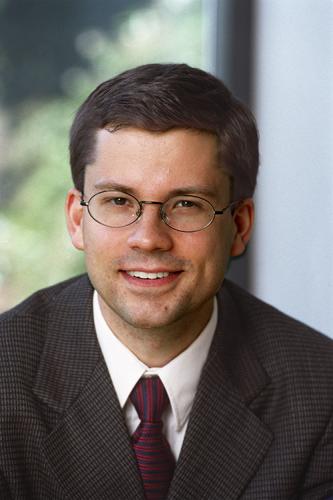
Jacob Vigdor
Professor, Evans School of Public Policy and Governance
University of Washington
Tel: 206-616-4436 Box: 353055
![]() website
website
CSDE Research Areas:
- Demographic Measurements and Methods
- Migration and Settlement
In the News:

Professor, Evans School of Public Policy and Governance
University of Washington
Tel: 206-616-4436 Box: 353055
![]() website
website
CSDE Research Areas:
In the News: